Dairy Equipment
Dairy products are a staple in our diets, providing essential nutrients like calcium, protein, and vitamins. But the journey from farm-fresh milk to the creamy cheese or tangy yogurt on your table involves a complex dance of specialized equipment.
Showing all 9 results
-

Dairy Automation (2)
-
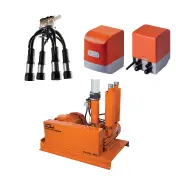
Milking Equipment (3)
-
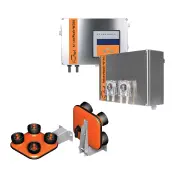
dairy C.I.P. (2)
-

Cow Comfort (2)
-

AristoBrush
Read more -
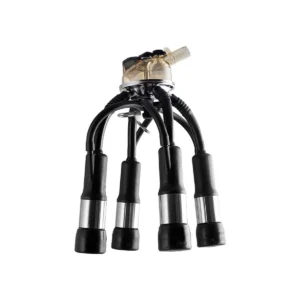
AristoClus
Read more -

AristoFan
Read more -
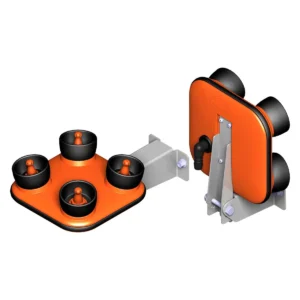
AristoJetter
Read more -
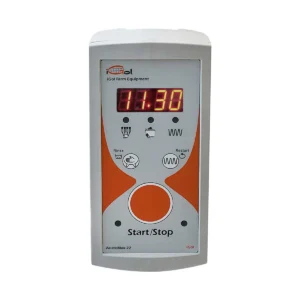
AristoMax
Read more -
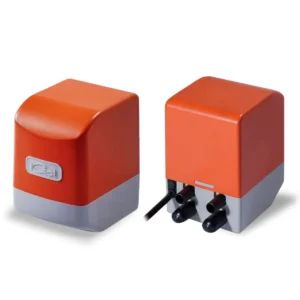
AristoPulse
Read more -
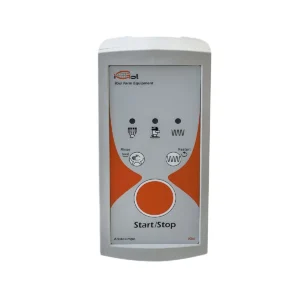
AristoSimpo
Read more -
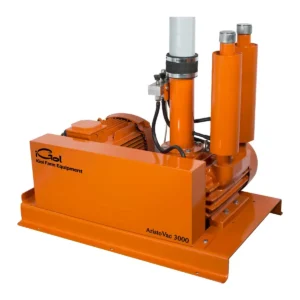
AristoVac
Read more -
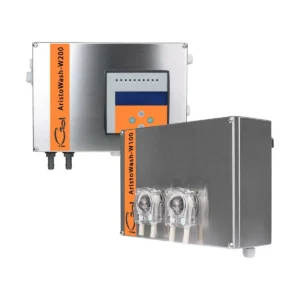
AristoWash
Read more
- Milking Machines: These automated marvels use pulsating vacuum technology to gently extract milk from a cow’s udder. Modern milking machines are designed for comfort and efficiency, maximizing milk yield while promoting cow health.
- Milk Cooling Tanks: Freshly collected milk is highly perishable. Milk cooling tanks rapidly chill the milk to prevent spoilage and bacterial growth. These tanks ensure the milk remains fresh and safe for transport and processing.
- Milk Filters: Before entering the cooling tank, milk passes through filters that remove any debris or impurities. This helps maintain milk quality and prevent contamination.
- Automated Cleaning Systems: Maintaining a clean and hygienic milking environment is crucial. Automated cleaning systems ensure thorough sanitation of milking machines and milk storage tanks, minimizing the risk of bacterial growth..
- Pasteurizers: This crucial step heats milk to a specific temperature for a specific time, eliminating harmful bacteria that could cause foodborne illnesses. Pasteurization ensures the safety of dairy products for consumption.
- Homogenizers: Homogenizers break down fat globules in milk, preventing them from separating and creating a uniform consistency. This process contributes to the smooth texture we enjoy in many dairy products.
- Separators: These machines separate milk into its main components: cream, skim milk, and water. This allows manufacturers to create a variety of products with varying fat content, like whole milk, low-fat yogurt, or high-fat butter.
- Cheesemaking Equipment: From vats and curd cutters to presses and molds, a specialized set of equipment is used for each type of cheese. These tools allow for precise control of temperature, acidity, and moisture content, resulting in the unique characteristics of different cheese varieties.
- Yogurt Production Lines: Yogurt production involves fermentation with specific cultures. Specialized equipment ensures proper temperature control, mixing, and incubation for achieving the desired texture and tangy flavor of yogurt.
- Testing Equipment: Milk and dairy products undergo rigorous testing throughout the production process to identify any potential contaminants or quality issues. This includes equipment for analyzing fat content, bacterial levels, and other critical parameters.
- Packaging Machinery: Modern packaging lines play a vital role in protecting dairy products from contamination and prolonging their shelf life. This equipment seals products in airtight containers with precise filling levels and expiry dates.
- Cleaning and Sanitation Systems: Maintaining a clean and hygienic environment is paramount throughout the dairy production chain. Specialized cleaning and sanitation systems ensure that equipment and processing surfaces are thoroughly disinfected, minimizing the risk of contamination.